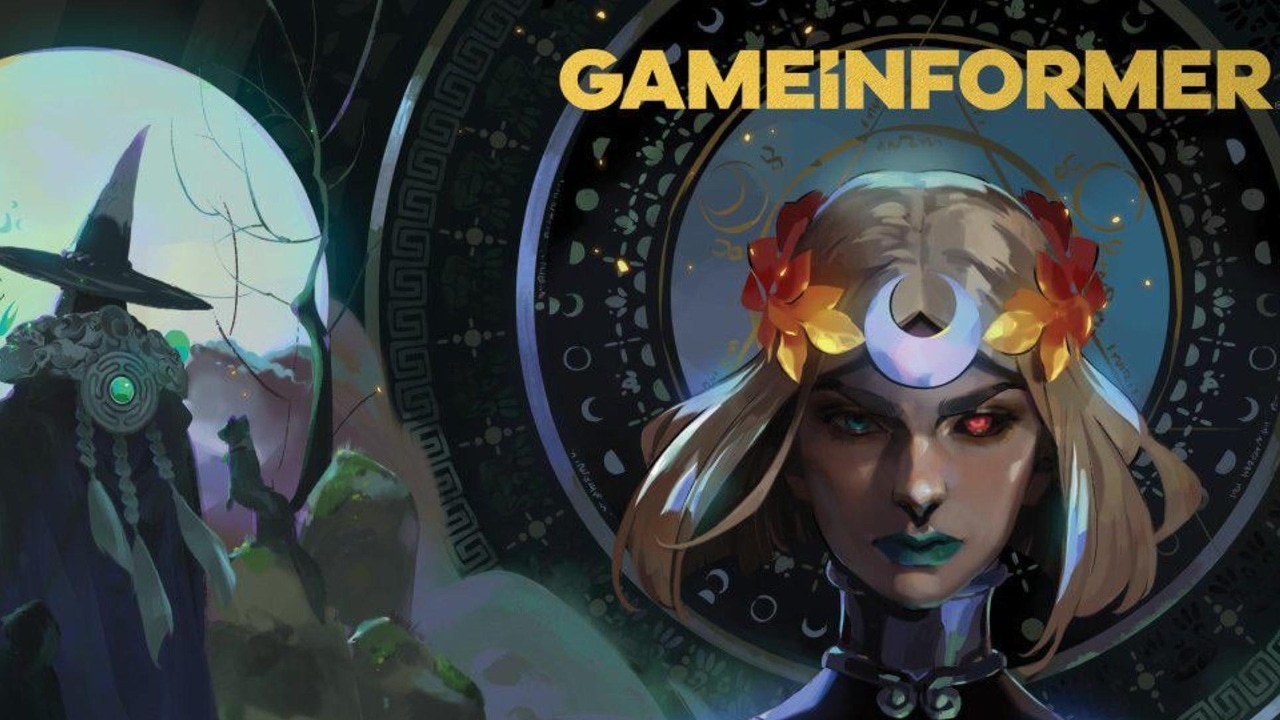Trending
Opinion: How will Project 2025 impact game developers?
The Heritage Foundation's manifesto for the possible next administration could do great harm to many, including large portions of the game development community.

After 33 years, Game Informer will be no more.
The publication announced its end on social media, and according to Kotaku, is finished effective immediately. It was mid-digital coverage of The Casting of Frank Stone, while its final print issue covers Dragon Age: Veilguard.
"From the early days of pixelated adventures to today's immersive, virtual realms, we've been honored to share this incredible journey with you," reads the magazine's statement. "While our presses may stop, the passion for gaming we've cultivated together will continue to live on."
That statement, according to sources speaking to Kotaku, was not written by any now-ex staff. In fact, one staffer was reportedly on a business trip when everyone was told about the magazine's closure.
Game Informer debuted in August 1991 as a six-page magazine, and was published every two months. From 1994 onwards, it was a monthly magazine, and soon became a fixture of video game culture.
Every month, the magazine would focus on a particular upcoming game (or games), often triple-A, and sometimes consoles. In many instances, the magazine was used to fully reveal a title, as was the case with BioShock 2 or the 2013 Tomb Raider reboot.
Over time, the magazine became a core part of GameStop's loyalty rewards program, and issues were sold in stores. Come August 2019, months of falling financials led to GameStop cutting half of the magazine's staff in a larger restructuring.
The retailer has laid off several staff in recent years, most of them coming after sizable financial losses and failed investments in crypto. It laid off staff this past March while also acknowledging those cuts were straining its business.
At the same time, Game Informer launched its own print subscription separate from GameStop.
Game Informer had the distinction of being the last mainstream print magazine for video games of its era. Contemporaries like Electronic Gaming Monthly and Nintendo Power ended in the early 2010s.
"Thank you for being part of our epic quest," the publication's statement ends, "and may your own gaming adventures never end."
You May Also Like